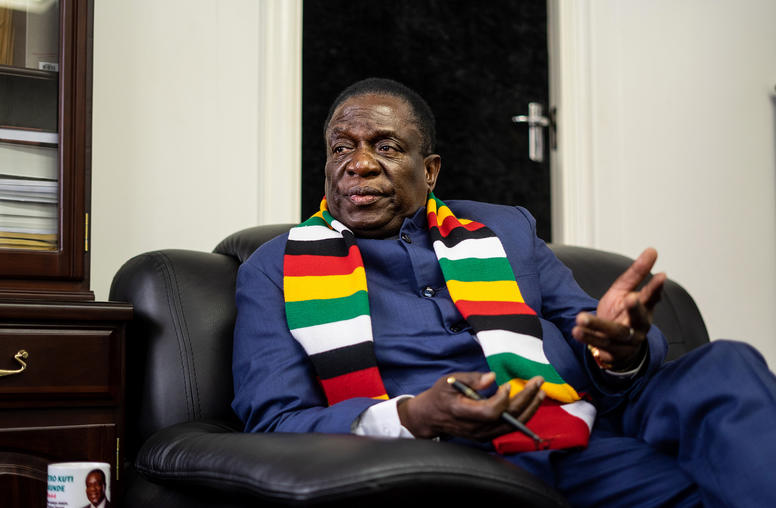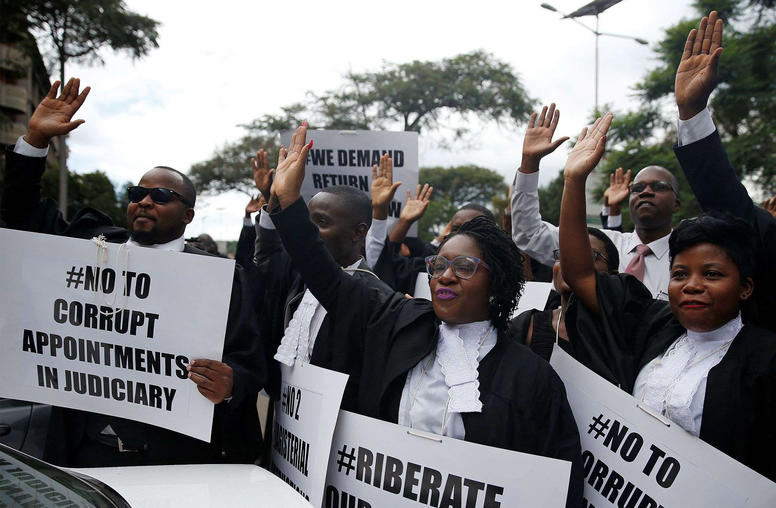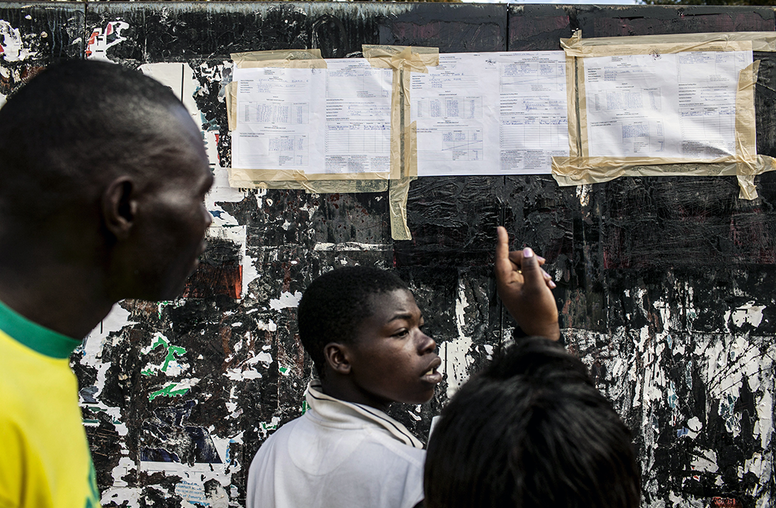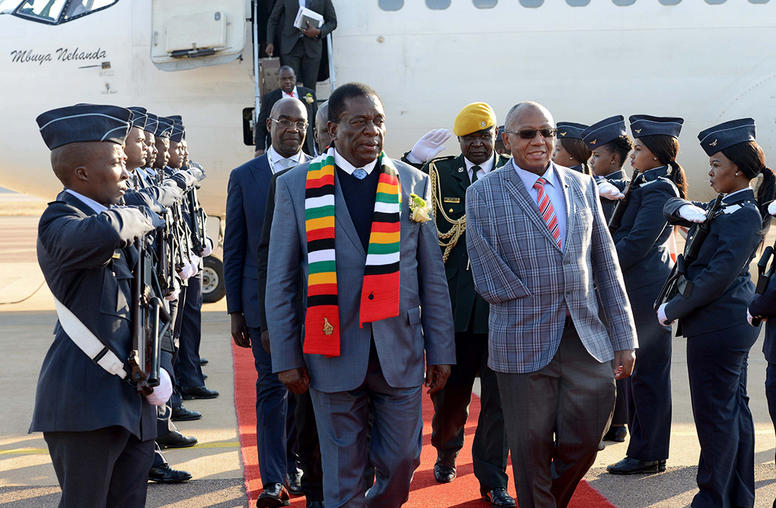Zimbabwe’s Latest Crackdown: Responses and Consequences
As Zimbabwe’s economic and political conditions continue to deteriorate, there are increasing incidents of civil unrest, worker’s strikes, and reports of divisions in the ruling party. In recent weeks, the security forces have once again cracked down on political parties and other groups that challenge the ruling party. The severity and breadth of the attacks by the Zimbabwean security forces renewed calls for the region’s governments and the international community to act more forcefully to ensure respect for human rights and democracy in Zimbabwe.
While regional heads of state fell short of openly criticizing the government of Zimbabwe, the Southern African Development Community (SADC) appointed South African President Thabo Mbeki to mediate between the opposition and the government and seek an end to the crisis. What are the prospects for resolving the political crisis in Zimbabwe? How do ordinary Zimbabweans assess the government’s policies and the country’s democracy? What avenues are available to civil society organizations to address the deteriorating political and humanitarian situation? What role can the regional and international community play to resolve the crisis in Zimbabwe?
Speakers
- Michael Bratton
Michigan State University - Adrienne LeBas
Michigan State University - Martha Mutisi
George Mason University - Dorina Bekoe, Moderator
U.S. Institute of Peace
Archived Audio
To listen to audio or to view video, please click on the links provided below. You also can right click on the links and choose "Save Target As" or "Download Linked File." This will save the file to your computer and then allow you to play it in your media player directly. More Audio Help.
- Listen to the audio from this event.
2:00:41 - 21.9MB



